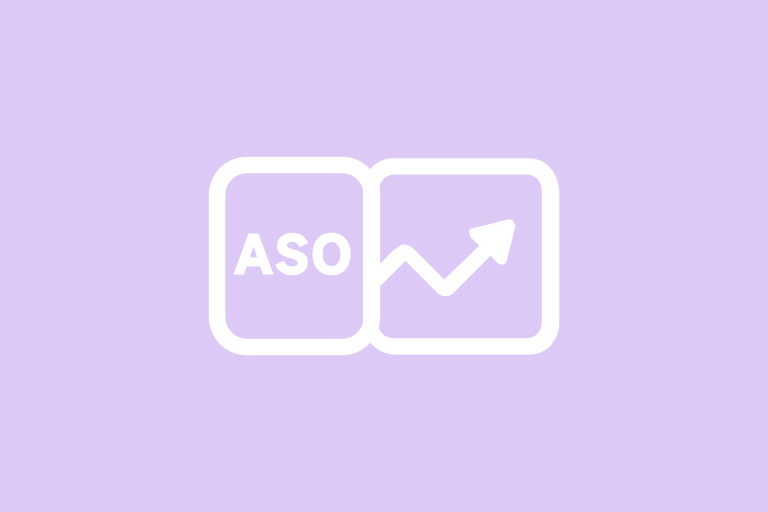The optimization of your app's metadata is a dynamic and ongoing process, pivotal for maintaining and enhancing app visibility in the App Store and Google Play. While the frequency of metadata updates can vary, understanding the optimal timing for these updates is essential for ASO success. This article examines the nuances of metadata updates and provides insights into how and when to refine your app's metadata for maximum impact.
ASO experts generally recommend allowing around four weeks after uploading a new build to the App Store before evaluating the impact of metadata changes, as this period provides sufficient data for a reliable analysis.
ASO professionals often suggest a waiting period of six to eight weeks before making further metadata adjustments on Android, ensuring a stable dataset for informed decision-making.
Conversely, Google Play's algorithms may initially limit visibility, often requiring exact title matches for app discovery. It's advisable for newly launched Android apps to gradually incorporate relevant keywords into their titles as they establish a regular download base.
For apps with strong seasonality or brand recognition, keyword updates may align with marketing campaigns or trending topics to boost conversion rates, even if these changes do not directly enhance search rankings.
Join 10,000+ indie developers and small teams scaling your apps with FoxData all-in-one ASO and analytics platform!
Empower Your Indie App Growth with FoxData ASO Tools for Indie Developers
App Store Metadata Update
The timing of metadata updates in the App Store can have immediate effects, as seen with Spotify's rapid rise in keyword ranking following a title update. However, the influence of metadata on keyword rankings is multifaceted, with daily download volumes also playing a crucial role.ASO experts generally recommend allowing around four weeks after uploading a new build to the App Store before evaluating the impact of metadata changes, as this period provides sufficient data for a reliable analysis.
Google Play Metadata Update
On Google Play, metadata updates and their subsequent effects on keyword rankings tend to unfold more gradually. Rankings may take several weeks to stabilize due to Google Play's potential use of conversion rates per keyword as a ranking determinant.ASO professionals often suggest a waiting period of six to eight weeks before making further metadata adjustments on Android, ensuring a stable dataset for informed decision-making.
Optimize Metadata Right After an App Launch
Launching a new app presents a unique opportunity for metadata optimization. iOS favors new apps in keyword rankings during the initial seven days post-release, encouraging aggressive keyword targeting (Click here to check the keyword ranking). Subsequent weeks should involve metadata adjustments based on early user interactions and preferences.Conversely, Google Play's algorithms may initially limit visibility, often requiring exact title matches for app discovery. It's advisable for newly launched Android apps to gradually incorporate relevant keywords into their titles as they establish a regular download base.
Optimize Metadata According to External Factors
After establishing a core semantic dictionary for your app, further keyword optimizations may yield diminishing returns. At this juncture, updates should be dictated by external factors such as search algorithm changes and competitor activities. Promptly responding to algorithm updates can mitigate ranking losses and capitalize on opportunities, while monitoring competitor actions can inform strategic keyword defense or acquisition.Keyword Optimization for Non-Search Performances
Beyond search-driven strategies, some marketers prioritize browse traffic and store conversion. Optimizing for browse traffic involves targeting keywords that enhance featuring prospects or improve visibility in 'similar apps' sections. A "road blocking" approach, where the same keywords are used across multiple apps, can amplify visibility and create a self-reinforcing loop of app discovery. To find the best keywords, use FoxData's Keyword Research Tool.For apps with strong seasonality or brand recognition, keyword updates may align with marketing campaigns or trending topics to boost conversion rates, even if these changes do not directly enhance search rankings.
Conclusion
The art of updating app metadata is a delicate balance of timing and strategy. Whether it's a swift post-launch optimization or a calculated response to external market shifts, the right ASO approach can sustain and elevate your app's presence in an ever-evolving digital marketplace.To monitor your app performance after every updates or changes made, you can use ASO tools like FoxData's ASO Impact Analysis tool to help you.







